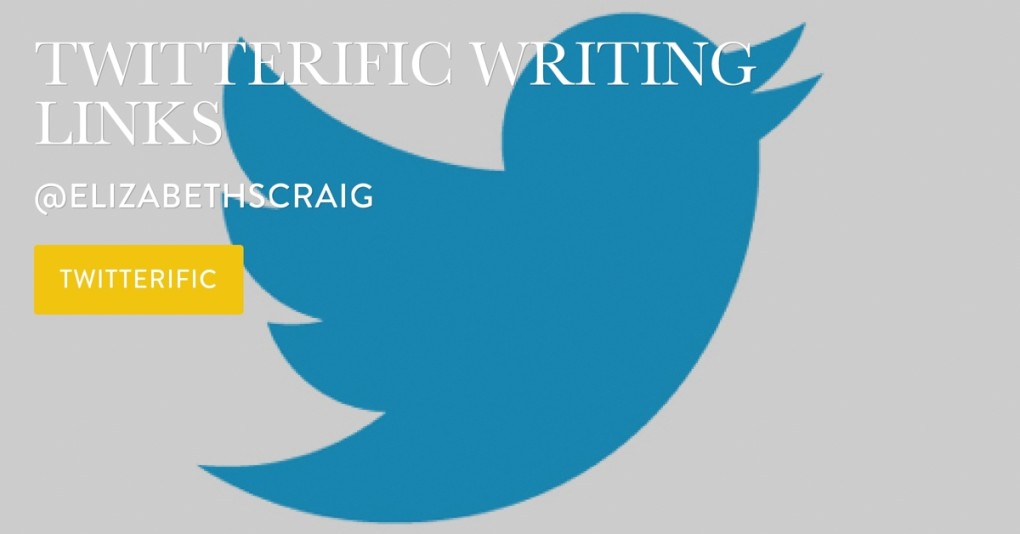By Selina Siak Chin Yoke, @SiakChinYoke
With the publication of my debut novel, The Woman who Breathed Two Worlds, by Amazon Crossing in 2016, I achieved a long-cherished dream. And when the book made a strong emotional connection with readers, I began to understand how affirming it was to realise an ambition that touched me to my core. Somehow it forced me to review my life.
When I looked back, I wondered why I had delayed pursuing a passion for so long.
No doubt my employment history contributed: the jobs I held were interesting and generally well-paid. Even if none of them fired me up.
You might have thought that a brain tumor would be a wake-up call. It was – to a point. The tumor was in an accessible spot and therefore operable. Because it was also benign, I was spared chemo and left the hospital after a week. The event was serious, yet somehow also not. In many ways, it felt like a blip, not a brush with death. I continued living the way I had, but swore that if I ever had another critical illness, I would alter my life.Continue reading





